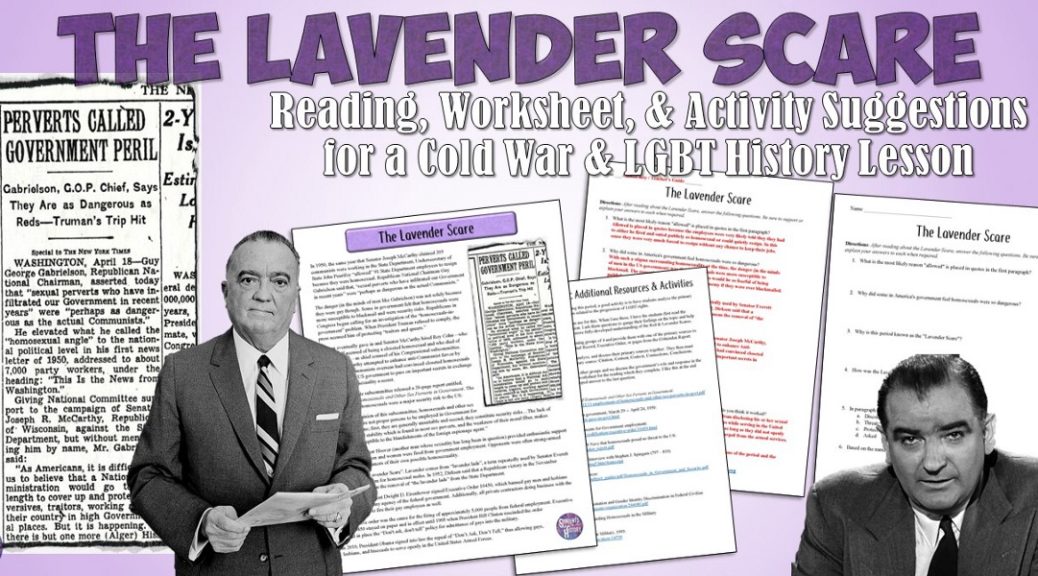Eisenhower Executive Order 10450. Issued on April 27, 1953, the order became effective on this date. The order revoked President Truman’s Executive Order 9835 of 1947, and dismantled its Loyalty Review Board program. Instead it charged the heads of federal agencies and the Office of Personnel Management, supported by the FBI, with investigating federal employees to determine whether they posed security risks. It expanded the definitions and conditions used to make such determinations.
Previously, the criteria used to define a security risk were largely political, that is, affiliation with suspect organizations or a clear demonstration of disloyalty. Executive Order 10450 added more general estimations of character, stability, and reliability. Its language was broad: “Any criminal, infamous, dishonest, immoral, or notoriously disgraceful conduct, habitual use of intoxicants to excess, drug addiction, or sexual perversion.” At the same time, the executive order’s provisions contained advice on evaluating character problems, as in its provision that the medical valuation of a psychological problem should show “due regard to the transient or continuing effect of the illness.
Without explicitly referring to homosexuality, the executive order responded to several years of charges that the presence of homosexual employees in the State Department posed blackmail risks. Attorney General Herbert Brownell Jr. explained that the new order was designed to encompass both loyalty and security risks and he differentiated between the two: “Employees could be a security risk and still not be disloyal or have any traitorous thoughts, but it may be that their personal habits are such that they might be subject to blackmail by people who seek to destroy the safety of our country.”
The executive order had the effect of banning gay men and lesbians from working for any agency of the federal government. It was not until 1973 that a federal judge ruled that a person’s sexual orientation alone could not be the sole reason for termination from federal employment, and not until 1975 that the United States Civil Service Commission announced that they would consider applications by gays and lesbians on a case by case basis
In 1975, the U.S. Civil Service Commission ended a ban on gays and lesbians in the federal civil service. In 1977, the State Department lifted a policy barring gays from employment in the Foreign Service. Around the same time, the IRS ended its policy of requiring “homosexual education and charity groups to publicly state that homosexuality is a ‘sickness, disturbance, or diseased pathology'” before obtaining section 501 tax-exempt status.
The order’s language restricting national security access based on sexual provision was also repealed in 1995 when President Bill Clinton signed Executive Order 12968, which stated that “The United States Government does not discriminate on the basis of race, color, religion, sex, national origin, disability, or sexual orientation in granting access to classified information.” The order’s language concerning employment and sexual provision was also repealed when Clinton signed executive order Executive Order 13087 in 1996.
